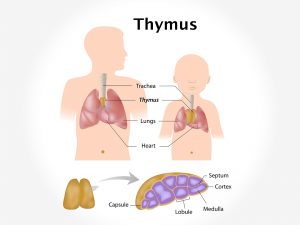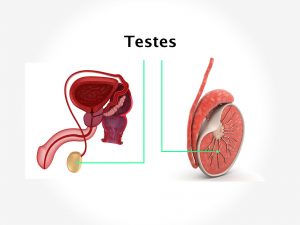Causes and risk factors
The exact cause of MGUS is unknown. It is an autoimmune disease. Immune system helps body combat harmful invaders. It contains immune cells which are present in bone marrow, spleen, lymph nodes. White blood cells form an important part of immune system. Plasma cells are formed from B lymphocytes, which are type of WBC. They produce antibodies. In MGUS, plasma cells produce large number of antibodies called paraproteins in the blood. It is mostly seen in patients with other autoimmune disorders like rheumatoid arthritis. The condition is observed in people of older age group. It is common in men than women. Patient with family history of MGUS is at a higher risk of developing the disease.
Clinical presentation
Many times patient is asymptomatic. The disease is diagnosed only when patient undergoes a blood test for some other purpose, which shows an increase in blood protein level. Patient can present with numbness, tingling in the hands and feet. Loss of balance is observed. There is anaemia or lowered RBC count. Symptoms like fatigue, weakness, weight loss, pain in bones can be seen. Patient experiences recurrent infections, bleeding, bruising often, headache, vision disturbances. Patient may also show changes in mental condition. MGUS in severe cases may develop into illnesses like multiple myeloma, plasma cell leukaemia, Non-Hodgkin’s lymphoma.
Investigation
Medical history by the patient and blood tests helps in diagnosis. Series of blood tests such as CBC, serum calcium level, LFT, renal function tests are advised. Test called serum protein electrophoresis confirms the diagnosis. Urine analysis for detection of protein in the urine is recommended. Imaging studies such as X ray, CT scan may be useful for further evaluation. Bone marrow biopsy may be advised in some cases.
Treatment
No treatment is required for MGUS patients. Symptomatic treatment is given. Regular 6 monthly blood test will be recommended. There is a risk that the disease may develop into cancer such as lymphoma or myeloma. Persons at higher risk of developing MGUS are advised to undergo check up more frequently.
Other Modes of treatment
The other modes of treatment can also be effective in treating MGUS. Homoeopathy is a science which deals with individualization considers a person in a holistic way. This science can be helpful in combating the symptoms. Similarly the ayurvedic system of medicine which uses herbal medicines and synthetic derivates are also found to be effective in treating MGUS.






























